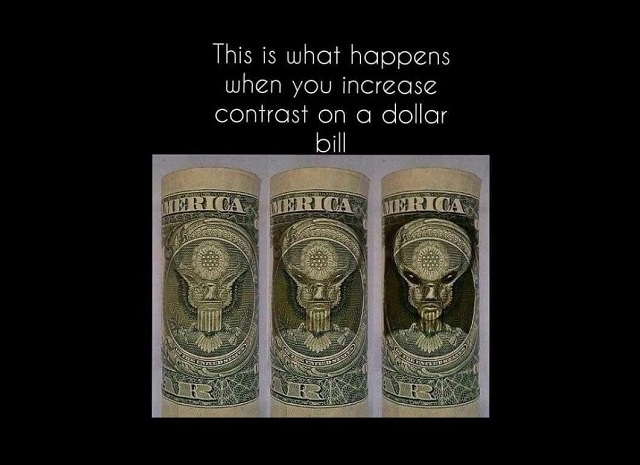This is our must read of the day. Even though Reagan’s gave his speech in 1964, so much of it applies today. Truer words were never spoken and we need to heed them now more than ever.
Ronald Reagan’s 1964 speech, “A Time for Choosing,” arguably, was the pivotal moment when Reagan became the Reagan America knows. He gave “the speech,” as he often referred to it, not long after switching from FDR’s Democratic Party to the Republican Party of Lincoln. The theme of Reagan’s speech was that Americans had to choose between up versus down, freedom versus servitude, self-government versus bureaucratic fiat.
“The Founding Fathers knew a government can’t control the economy without controlling people,” Reagan explained, “and they knew when a government sets out to do that, it must use force and coercion to achieve its purpose.” So, he concluded, “we have come to a time for choosing.”
Reagan became Reagan by studying the political science of the American founding, without which he could not have ushered into American politics a new kind of conservatism, Reagan conservatism. Reagan sought to reign in government by recovering the authority of the Founders’ Constitution and the principles that informed it. He believed nothing less would save freedom in America.
Reagan’s challenge was to remind Americans of the importance and goodness of constitutional government in a time of constitutional darkness, a time when virtually all the leading intellectual and political lights in America had come to ignore or twist beyond recognition the meaning of the Constitution.
In this way, Reagan’s statesmanship paralleled that of Lincoln, who tried to preserve the principled ground of constitutional self-government — the idea that each human being is endowed by the Creator with equal, unalienable, natural rights — at a time when that idea was denied and ridiculed by most prominent minds in America.
Today, the lights of the Constitution have again grown dim, as the Obama Administration and Congressional Democrats unfold what is amounting to be the most massive government budgetary and regulatory expansions in American history.
Everyone seems fixated on the costs associated with Obama’s corporate bailouts, universal healthcare, environmental regulations, and other items on his liberal to-do list. But few people, in or out of government office, ask whether these policies are constitutional. The reason, sadly, is that few people care.
Our challenge today of recovering the authority of the Constitution is greater than Reagan’s and perhaps even greater than Lincoln’s was. Since Roosevelt launched the New Deal in the 1930s, several generations of Americans have grown up knowing nothing but big, paternalistic government.
The feisty independence and healthy suspicion of government power that characterized the founding generation of Americans — think of the people who defiantly flew the flag with the coiled-up snake announcing, “Don’t Tread on Me” — is now mainly the stuff of boring history textbooks.
It’s no exaggeration to suggest that the Constitution itself has become radical. Most Americans today probably cannot imagine what truly constitutional government might look like—virtually the entire federal bureaucracy, for example, would need to be eliminated. That’s why the Constitution cannot be used as a club to smash unconstitutional proposals and programs, because no one cares. If you doubt it, ask Ron Paul how much success he’s had waving his pocket Constitution at every unconstitutional policy.
Still, the extravagant spending and regulating and interfering with the private sector economy happening in Washington DC today forces upon us a choice: Either we allow it to continue, or not. Either we choose to remove all limits on government power and scope in exchange for promised socialized security, or we choose a government that operates within certain limits and we accept certain responsibilities for ourselves. This is again a time for choosing.
If we do the former, if we trade freedom and limited government in the hope that bureaucratic “experts” can govern and provide for us better than we can govern and provide for ourselves, then let us be honest about what we are choosing. And let us acknowledge openly what Reagan and Lincoln and the Founders understood, that a government of unlimited power is less likely to provide security for us, more likely to threaten us.
If, however, we choose to limit our government, we need not even agree right now on what the limits are. Reasonable minds can differ on where the line should be that separates government power from private freedom. But if we can agree in principle that limited government is the only kind befitting a free people, then we can begin asking how we might limit government’s power.
A constitution, if recognized and obeyed, is a useful means for limiting government. And if well designed, a constitution can also help us identify and enjoy the ends of political society—justice, domestic tranquility, security from foreign and domestic threats, prosperity, freedom, all within the framework of a more perfect union. Indeed, a constitution is what we need most today. The good news is that we already have one. Let us choose to understand and defend it.


